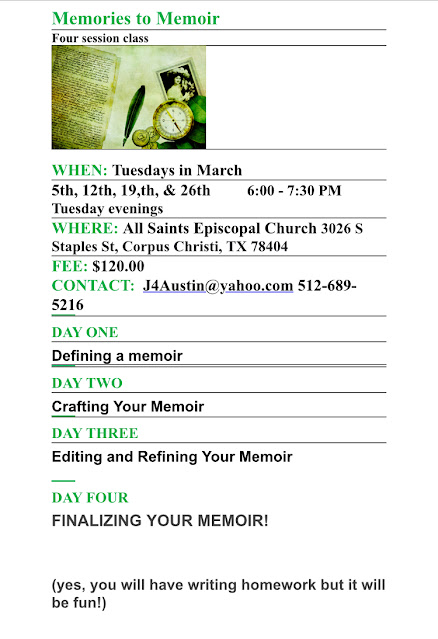Words Have Power
Science tells us that words are not just sounds; they are
forces that shape our brains. Neuroscientists have found that positive and
negative words physically alter the structure of our neural pathways. Words of
encouragement activate the prefrontal cortex, fostering growth and learning,
while harsh words trigger the amygdala, creating stress and fear.
Dr. Masaru Emoto’s renowned water experiments demonstrated
this phenomenon—where words of love and gratitude directed toward water
molecules formed intricate, beautiful crystalline structures, while words of
hatred produced chaotic, fractured patterns. If words can do that to water,
imagine what they do to us.
Poets and philosophers have long understood this power.
William Ellery Channing, a leading figure of Unitarianism in the early 19th
century, articulated in his sermon "Likeness to God" the importance
of human potential and moral responsibility. Channing’s words helped define a
faith centered on love, reason, and individual conscience, reminding us that
the words we choose shape the world we create.
Similarly, Theodore Parker, a Unitarian minister and
abolitionist, employed his powerful oratory to fight against slavery, famously
stating, "The arc of the moral universe is long, but it bends toward
justice." This phrase later influenced Martin Luther King Jr., who, in his
iconic "I Have a Dream" speech, painted a vision of justice that
still inspires today. Dr. Martin Luther King Jr.’s speech sums up the
historical trajectory of using words to shape a better future.
Maya Angelou captured the essence of this influence when she wrote, "Words mean more than what is set down on paper. It takes the human voice to infuse them with deeper meaning." In her poem "Still I Rise," she empowered generations who faced oppression.
Clara Barton, a Universalist and the founder of the American
Red Cross, advocated for compassion and humanitarian service through her words,
reminding people of their shared humanity. Her language conveyed empathy and
action, demonstrating how words can heal a fractured world.
Frances Ellen
Watkins Harper, a poet, speaker, and activist, eloquently championed the
abolition of slavery, women's rights, and racial equality. Her words, often
delivered with both poetic beauty and moral urgency, called for the recognition
of the dignity of all and challenged us to speak truthfully and courageously in
the face of injustice. This is an excerpt from her poem Learning to Read, I
will read it with an accent to reflect the speaker’s voice.
And I longed to read my Bible,
For precious
words it said;
But when I begun to learn it,
Folks just
shook their heads,
And said there is no use trying,
Oh! Chloe,
you’re too late;
But as I was rising sixty,
I had no time
to wait.
So I got a pair of glasses,
And straight
to work I went,
And never stopped till I could read
The hymns and
Testament.
Then I got a little cabin
A place to
call my own—
And I felt independent
As the queen
upon her throne.
Poets have long understood this power. Adrienne Rich once
said that when we name something, we give it life. Injustice thrives when we
fail to name it. But the moment we call it out—racism, sexism, inequality—it
begins to lose its power. Words are not passive; they shape what is possible.
Maya Angelou wrote, "Words mean more than what is
set down on paper. It takes the human voice to infuse them with deeper
meaning." In her poem Still I Rise, her words gave resilience
to generations who faced oppression.
On her 16th birthday, Malala Yousafzai appeared in the United Nations Building in New York City and gave her UNICEF Speech. Not only did she talk about the importance of Peace: She stressed the interconnectedness of education and peace, stating that education is the key to building a peaceful and just world. Yousafzai urged world leaders and individuals to take action to ensure that every child, especially girls, has access to quality education, and to fight against terrorism and violence that hinder education and peace.
And sometimes, just a single word can change the world. When
Nelson Mandela emerged from prison, he could have spoken words of revenge.
Instead, he spoke words of reconciliation, laying the foundation for a new
South Africa.
William Sinkford and Rev. Dr. Rebecca Parker urge us to
adopt language that is inclusive, affirming, and justice-centered, reminding us
that our faith compels us to express equity and compassion through our
communication.
As we navigate a time of rapid communication—where words
travel across the world in an instant—we must consider how we use them. Social
media is rife with divisive rhetoric, yet it also holds the potential for
connection and transformation. Each of us has a choice: we can use words to
tear down or to build up, to speak with anger or with compassion, to perpetuate
narratives of fear or to tell new stories of hope.
As Unitarian Universalists, we believe in the inherent worth
and dignity of every person. This belief begins in how we speak—to ourselves,
to each other, to the world. Throughout history, Unitarian Universalists have
used their voices to inspire change, uplift the oppressed, and advocate for
justice.
Let us commit to choosing words that heal instead of harm,
that inspire rather than degrade, that bring truth instead of distortion. May
our words, echoing those of our forebears, contribute to a future of greater
understanding, hope, and transformation.
Because the future is not written in stone; it is spoken
into existence—word by word, sentence by sentence. And each of us has the power
to speak a better world into being. So I ask you two questions to carry you
into your day.
What are the words you will choose?
How will you say them?





Comments
Post a Comment